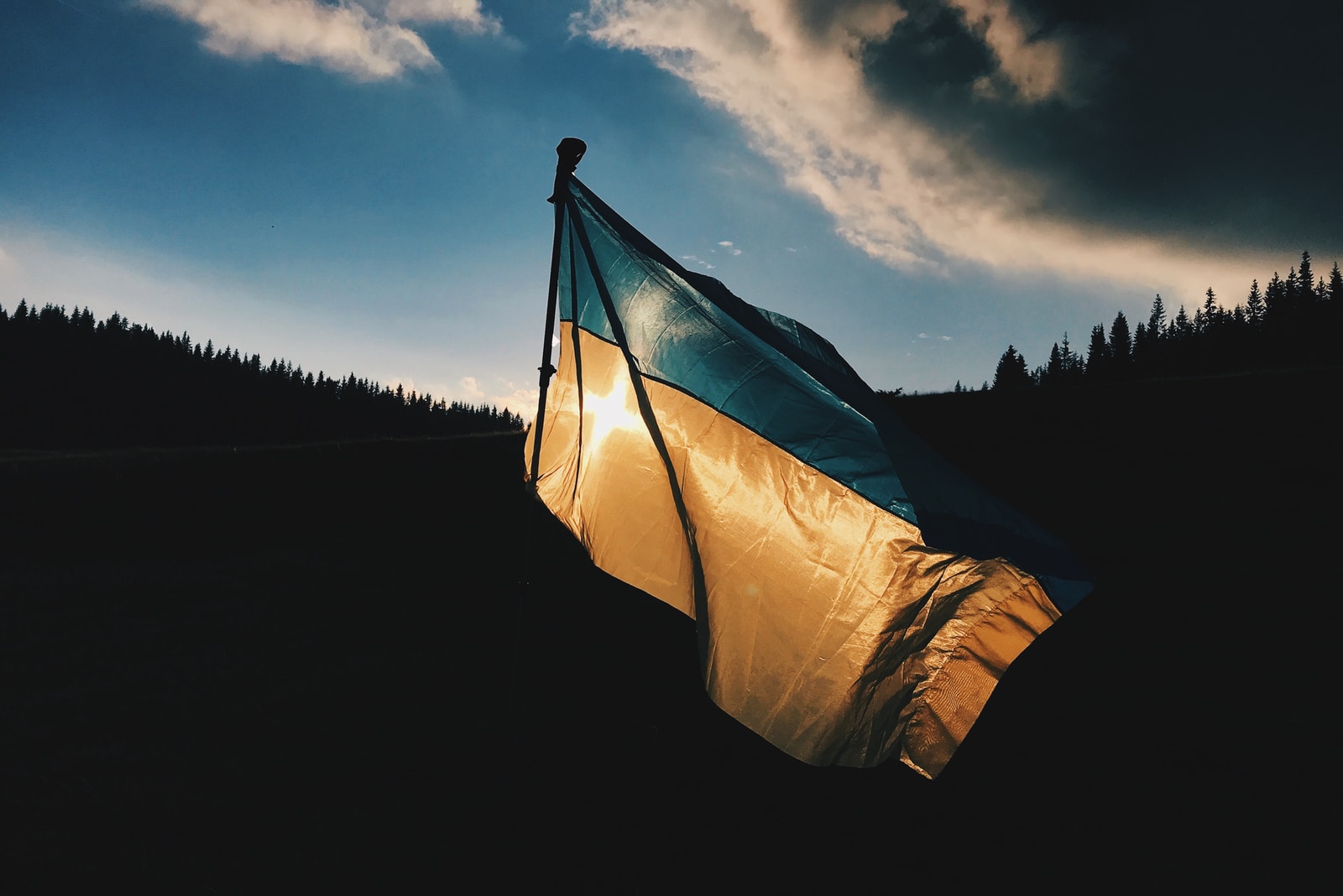Michael Cook
mercatornet.com
Michael Cook is the editor of MercatorNet. He lives in Sydney, Australia.
History doesn’t repeat itself, but it does rhyme. Eighty-four years ago, on September 12, 1938, Adolf Hitler marched into the Sudetenland, effectively annihilating the independent nation of Czechoslovakia. Yesterday Vladimir Putin recognised the independence of two breakaway regions in eastern Ukraine, the Donetsk and Luhansk People’s Republics.
It’s interesting to read the speeches they made to justify redrawing the boundaries of Europe. Hitler mentioned the murder of innocent Germans by Czech troops. Putin spoke about the torment that Russian-speakers in the breakaway regions are experiencing at the hands of Ukraine.
There is never any lack of excuses for powerful nations to subdue their weak neighbours. Mr Putin’s casus belli is principally historical. His address was a tour de force of Russian chauvinism and paranoia.
- “Ukraine never had a tradition of genuine statehood.”
- “Modern Ukraine was entirely and fully created by Russia, more specifically the Bolshevik, communist Russia.”
- “Ukraine is not just a neighbouring country for us. It is an inalienable part of our own history, culture and spiritual space.”
- “As a result of Bolshevik policy, Soviet Ukraine arose, which even today can with good reason be called ‘Vladimir Ilyich Lenin’s Ukraine’. He is its author and architect. This is fully confirmed by archive documents … And now grateful descendants have demolished monuments to Lenin in Ukraine. This is what they call de-Communizing. Do you want de-Communizing? Well, that suits us just fine. But it is unnecessary, as they say, to stop halfway. We are ready to show you what real de-Communizing means for Ukraine.”
Ukrainian history is complicated beyond the comprehension of most native English-speakers. Great Britain is a small island which hasn’t been invaded for a thousand years. The United States spread irresistibly from sea to shining sea in 200 years. Australia is a big island acquired more or less overnight by Great Britain in the (wrong) belief that it was empty, terra nullius. Neither the US or Australia have experienced invasion.
Reading a history of Ukraine, a flat, fertile superhighway for conquerors, makes one’s head spin. It has been ruled by the Khazars, the Mongols, Poland and Lithuania, the Cossacks, the Ottomans, the Austrians, the Russians, and the Nazis. Just between 1917 and 1920, seven or eight different governments ran parts of the country. Boundaries shifted and changed with every invasion and change of regime.
Why should Putin stop at the boundaries set by the Bolsheviks? Wind the clock back a bit further and the Poles and the Turks could claim large chunks of Ukraine.
Putin is weaponizing history to serve his own purposes — cancel culture on steroids. “These are our comrades, those dearest to us,” says Putin about the Ukrainians. He ignores the enduring sense of Ukrainian nationalism which has survived invaders and tyrants. He ignores the disasters which absorption into the USSR brought to Ukraine. He laments the destruction of statues of Vladimir Lenin in Ukraine (all 1,320 of them) but forgot to mention Chernobyl. He forgot to mention the Holodomor, the 1932-1933 famine in the USSR in which between 7 and 10 million Ukrainians starved to death as a result of Stalin’s policies.
If Ukraine’s comrades love it so dearly, what need does it have for enemies?
Besides, Putin’s self-serving belief that Russia has a mystical right to return to its old boundaries makes no sense. If the clock is wound back to the 19th century, the Chinese could claim Outer Manchuria. Wind it back to the 16th and 17th centuries and Turkey could claim much of southern Russia. His logic leads to a slippery slope in which the Baltic countries and Finland could be gobbled up by the Russian bear. Does he have designs on Alaska?
Europe’s great achievement of the second half of the 20th century was to forswear force for diplomacy in boundary disputes, even when they are based on apparently legitimate historical grievances. Putin’s machinations in Ukraine threaten to plunge the rest of the continent into the ancient game of “the strong do what they can and the weak suffer what they must”.
My point is not that Vladimir Putin the historian is completely wrong; it is that only historical knowledge, or at least historical curiosity, that saves us from drowning in half-truths and fabrications of tyrants in the era of fake news.

